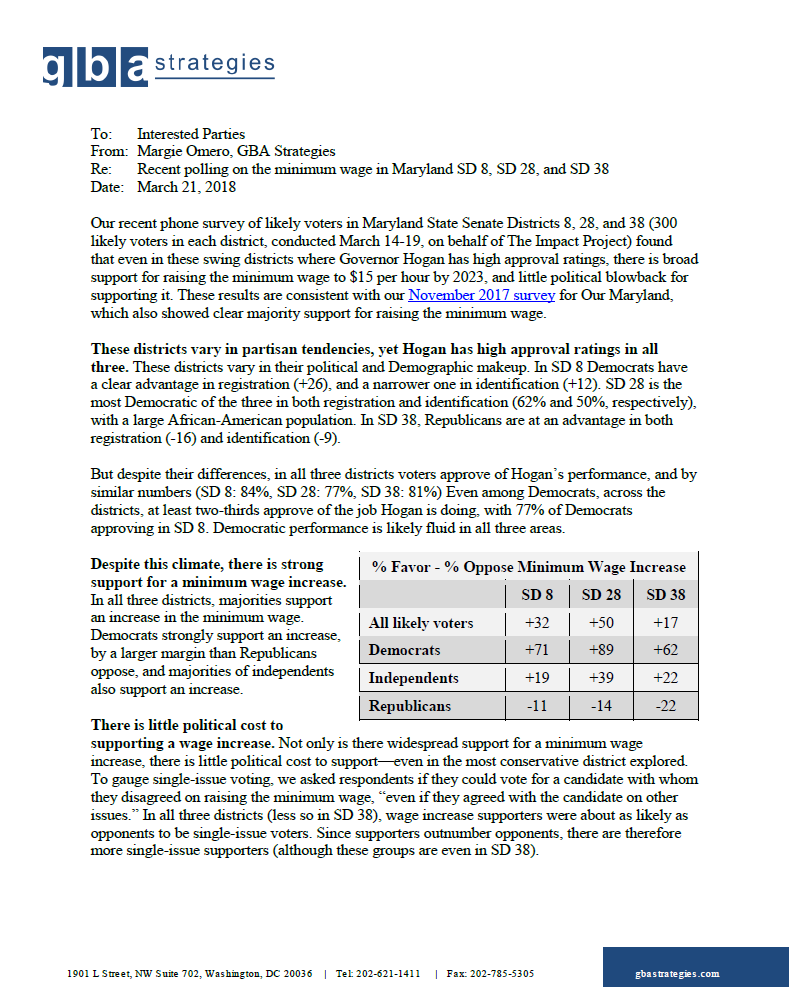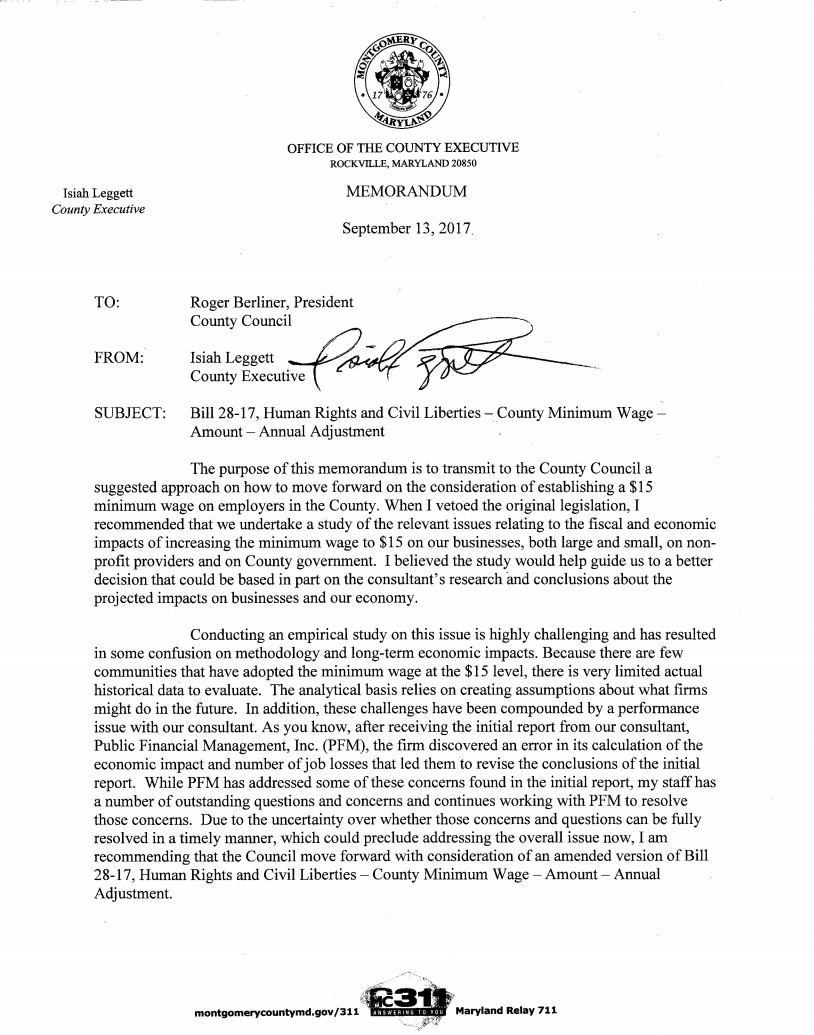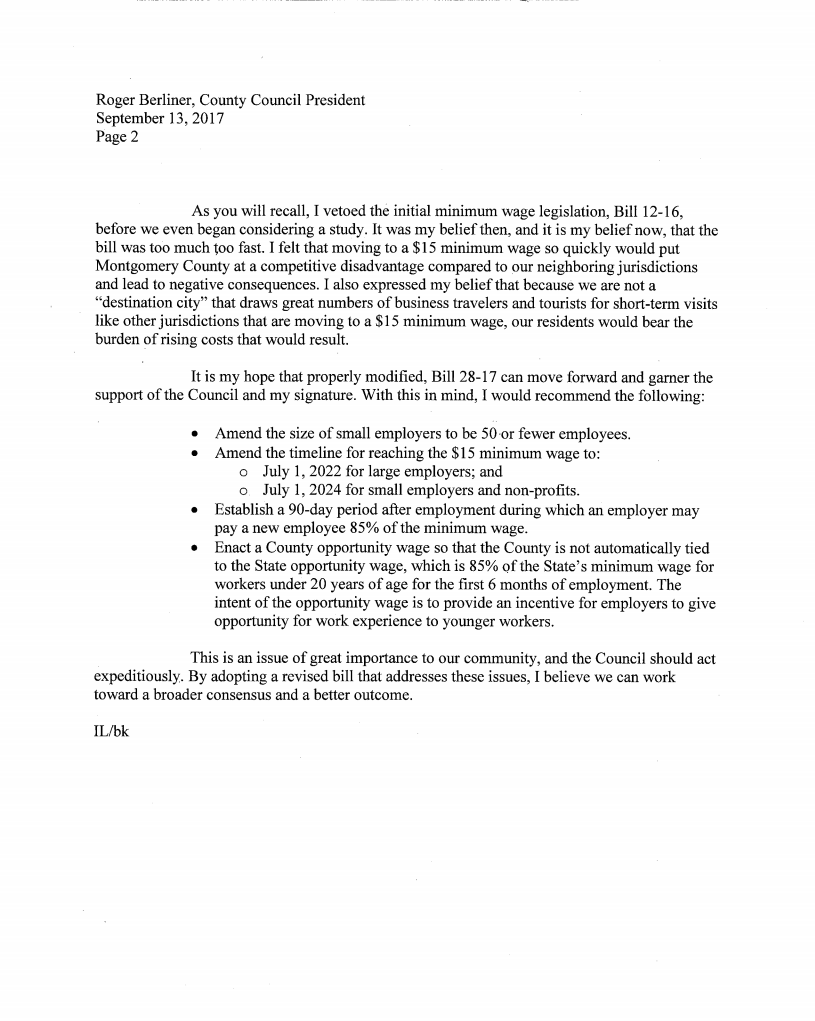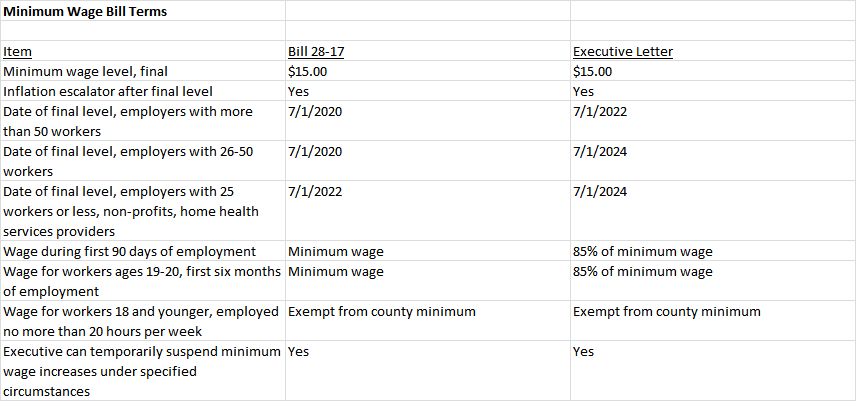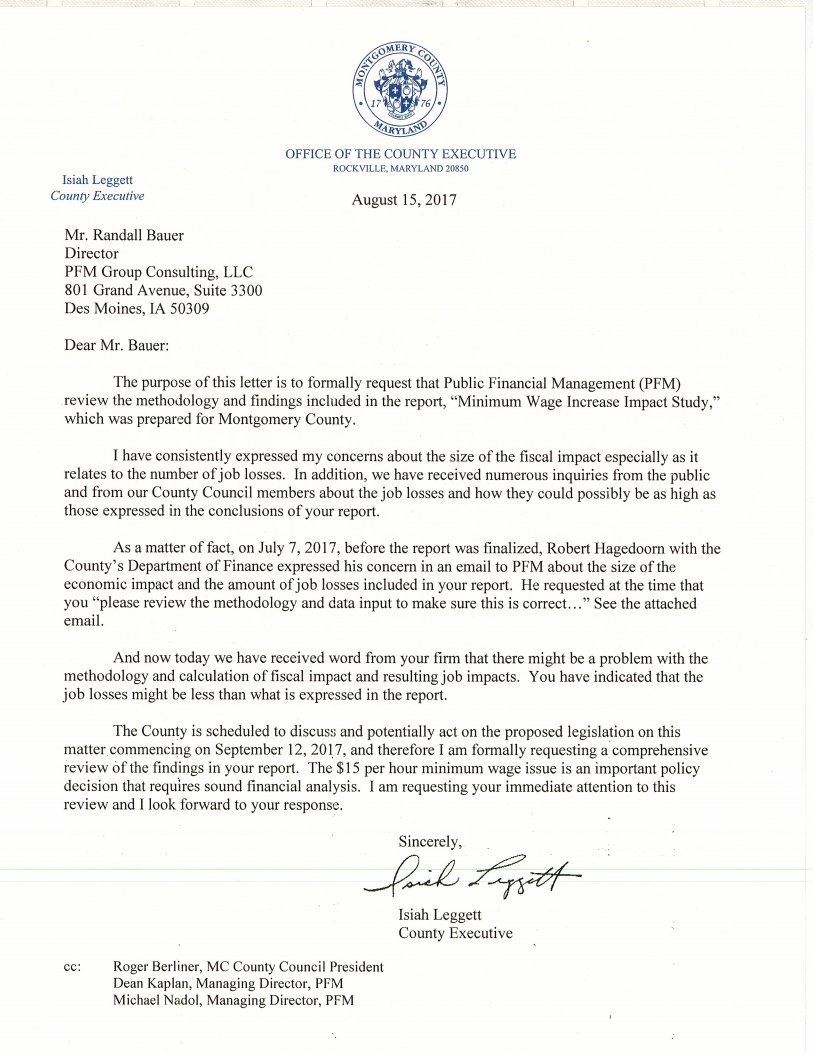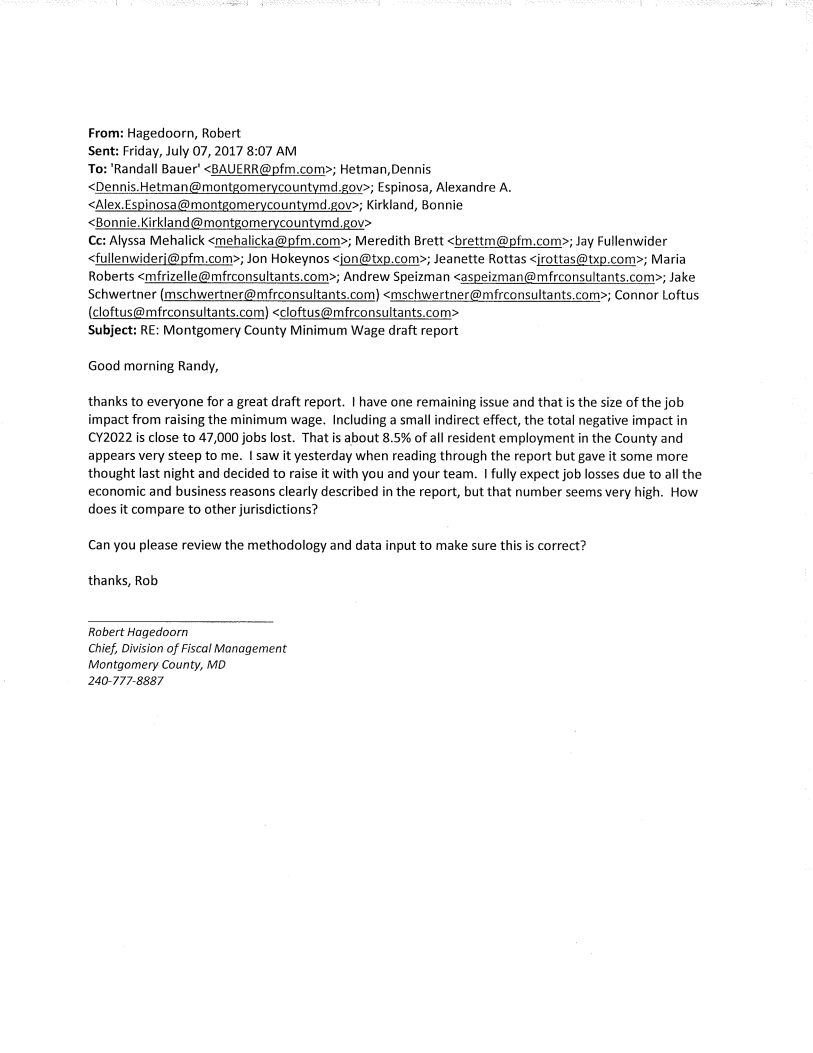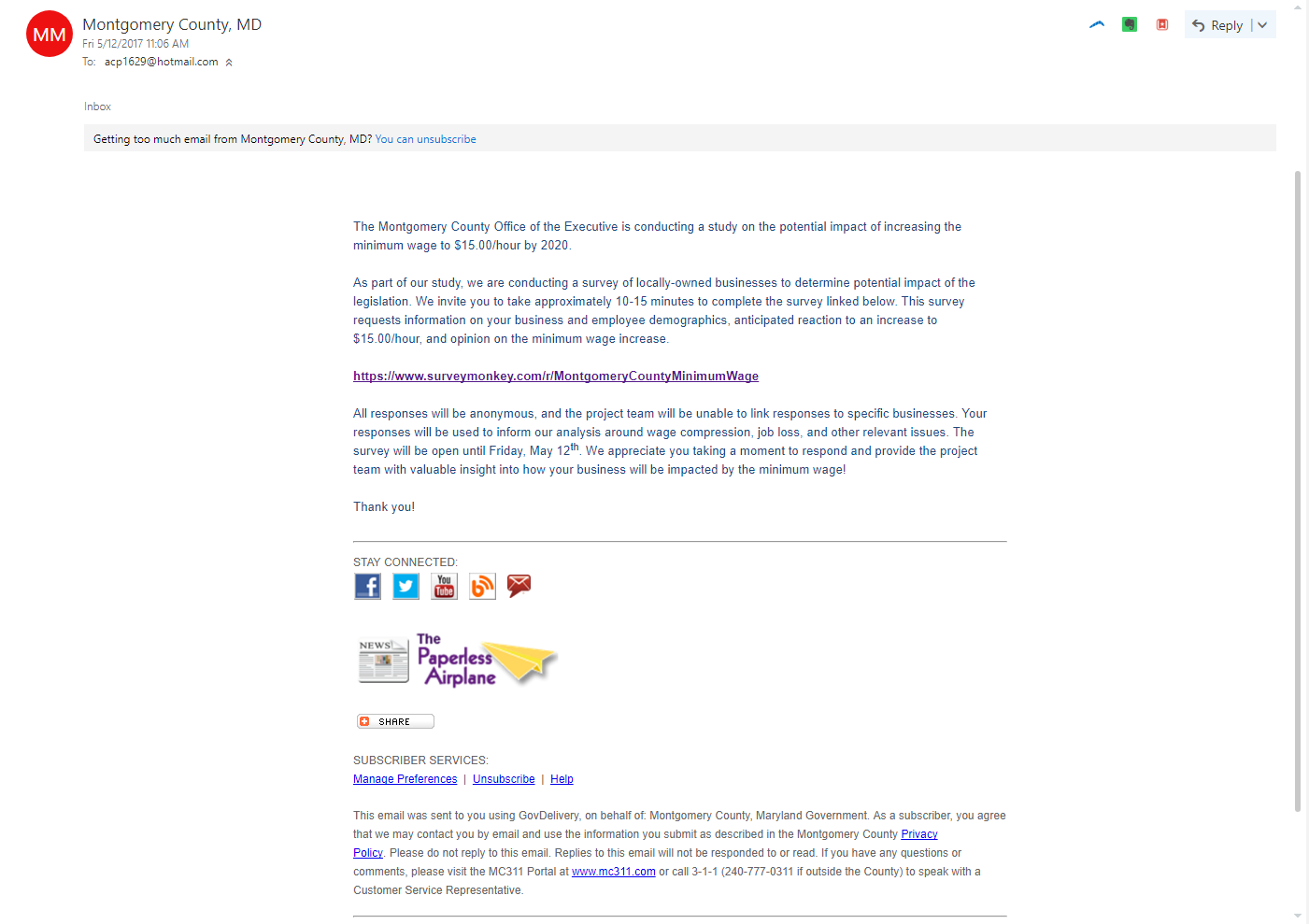By Adam Pagnucco.
The Maryland Fight for 15 Campaign has published poll results showing the popularity of a $15 minimum wage in three key Senate districts. The polling comes as Annapolis heads to Sine Die on Monday.
The $15 minimum wage bill, lead-sponsored by Senator Rich Madaleno (D-18) and Delegate Shelly Hettleman (D-11), has not received a committee vote in either the House or the Senate. That is despite the fact that it has 21 Senate sponsors (close to the 24 votes needed for passage) and 74 House sponsors (a majority of that chamber). From a purely political perspective, we can’t understand why General Assembly Democrats have not sent that bill to Hogan’s desk. Polling shows that the issue is enormously popular and having Hogan veto it – as he did with sick leave – would enable the Democratic gubernatorial nominee to draw a huge contrast with the Governor. A veto override would also have been a big progressive victory for Democratic rank and file lawmakers.
Fight for 15 has released poll results showing net support for a $15 minimum wage in three Senate districts: 8, 28 and 38. There’s a reason why they picked those three districts. District 28 is represented by Senator Mac Middleton, who chairs the Finance Committee which has jurisdiction over the bill. District 8 Senator Kathy Klausmeier and District 38 Senator Jim Mathias are also on the Finance Committee and are facing strong Republican challengers. Both have taken money within the last year from the NRA. Each of them could use a boost from voting for the minimum wage bill to motivate Democrats to turn out on their behalf. And the poll results show that minimum wage has a net favorability of 17 points in Mathias’s district and 32 points in Klausmeier’s district.
Will the Democrats take this opportunity to draw a contrast with the GOP and energize progressives? Or will minimum wage wait for next year?
We reprint Fight for 15’s press release and polling memo below.


